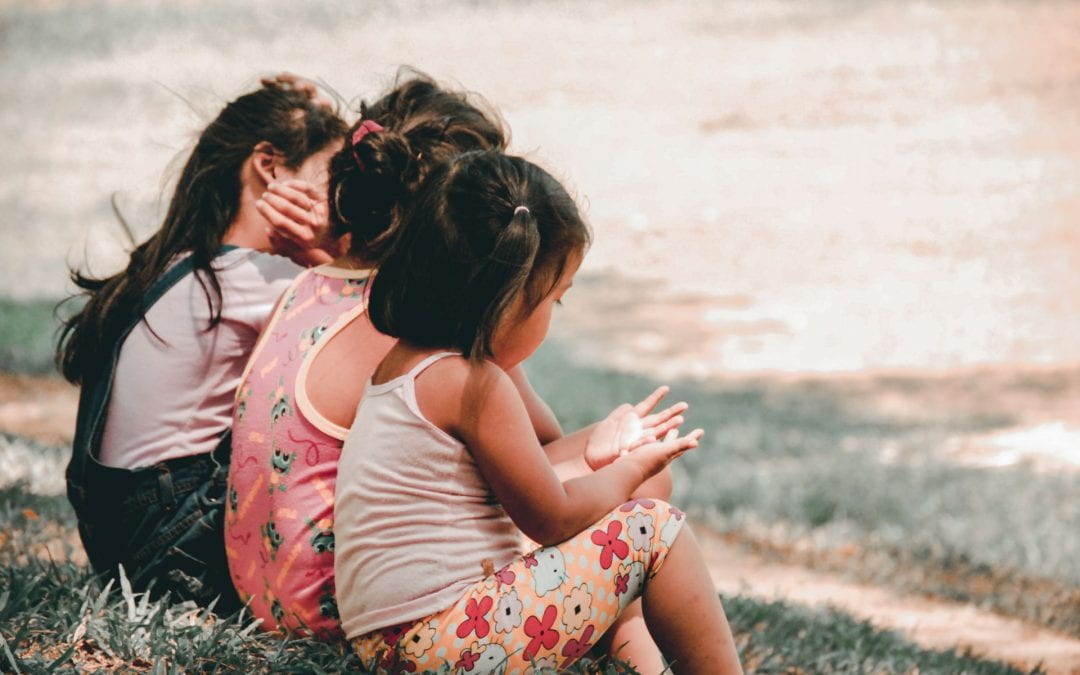A Better Start and Cure Kids have joined forces to create a contestable funding round for child health research. Expressions of Interest close on 17 February, 2021.
FREQUENTLY ASKED QUESTIONS
Does one proposal have to cover all three themes – healthy weight, early learning, and mental health & resilience.
You can choose to focus your proposal on one theme, but we will also be very pleased to accept applications for proposals that cover more than one theme.
There could be a proposal, for example, that looks at childhood wellbeing and captures all three areas. In that instance, during the application review/scoring process we’ll look at which of the three themes is dominant. In addition, each proposal will be reviewed by a number of referees who will ensure wider capture of the themes.
Is it possible for several people to access the same EOI or application? Do we each need our own login?
There is only one login for each application, which will be attributed to the Principle Investigator. You may share those login details with other members in your team, but our system does not allow for multiple logins for the same application.
Can EOIs and full applications be co-led (ie, 2 or more PIs)?
One person from one institution needs to be responsible for the grant, and be the point of contact. You can nominate a co-lead and there can be shared levels of responsibility for the proposal, but there needs to be one person, one institution who is the single main applicant and point of contact.
Can I submit more than one application?
Yes you can submit more than one. A group of researchers could submit multiple applications. Each proposal should be completely distinct – they can’t be overlapping.
Also, you can submit for a new grant even if you have been invited to submit for an extension of a previous project that you had funded in the 2017 Joint Contestable Funding Round.
Can you explain more about Vision Mātauranga in respect of applications?
When you are preparing an application, forethought should be given to Vision Mātauranga and how the proposed research addresses these accountabilities.
Significant early Māori engagement is vital, so that there is an opportunity to contribute to the development and design of an application. You should also consider how the research may be of benefit to Māori communities.
The manner that that is achieved or undertaken will vary considerably depending on what the group is trying to achieve, so there is no one-size-fits-all approach of methodology but a good starting point is being genuine in terms of engagement with either Māori researchers or Māori communities. And the earlier in the process, the better.
Reviewers are able to easily determine whether there has been a sincere effort to engage with Māori and how this has reflected in research design, processes, team and outcomes.
I’m an early career researcher with less than 2 years remaining on my existing contract. Am I eligible to put in an EOI?
Yes, you can submit an application. It would help your application if you submitted a letter from your institution to state that if you are successful they will extend your contract for the duration.
There are budget guidelines you can access here with information about overheads and salaries.
How are you going to support first-time applicants who will possibly be competing with experienced and previously successful
applicants?
Applicants will be judged not only by their CVs but also on their potential and their capacity.
A way to strengthen an early career researcher’s application is to include some more senior people in the application process, with the less-senior person potentially leading the application, for example.
In some funding bodies the initial weighing of an application is based on who the Principle Investigator is but for our Contestable Funding Round we will be looking at the entire team, and an early career researcher would not be disadvantaged if they were the PI.
We encourage collaboration and for people to draw on a diverse range of skills and experience in the group.
Should I be engaging with stakeholders and collaborators early on in the process?
We would strongly encourage applicants to be thinking not only about the science involved in their proposal, but also about the relationships and partnerships – and to do that very early on.
Stakeholders do not want to be tacked on as after-thoughts, and relationships with them are vital to deliver community-based change.
We would hope that relationships would endure before, during and after the research to have the maximum impact for children.
How do we budget for overheads and salaries?
All successful grants are funded by a 50% contribution from A Better Start, NSC and a 50% contribution from Cure Kids.
Funding from A Better Start will cover 50% for named investigators’ institutional overheads, whereas Cure Kids’ contribution will not cover overheads. Therefore, only 50% of the institutional overheads for each funded project will be paid, with this money coming from A Better Start’s funding component. Payment of the other 50% of overheads should be discussed and agreed with the host institution prior to submitting your application.

